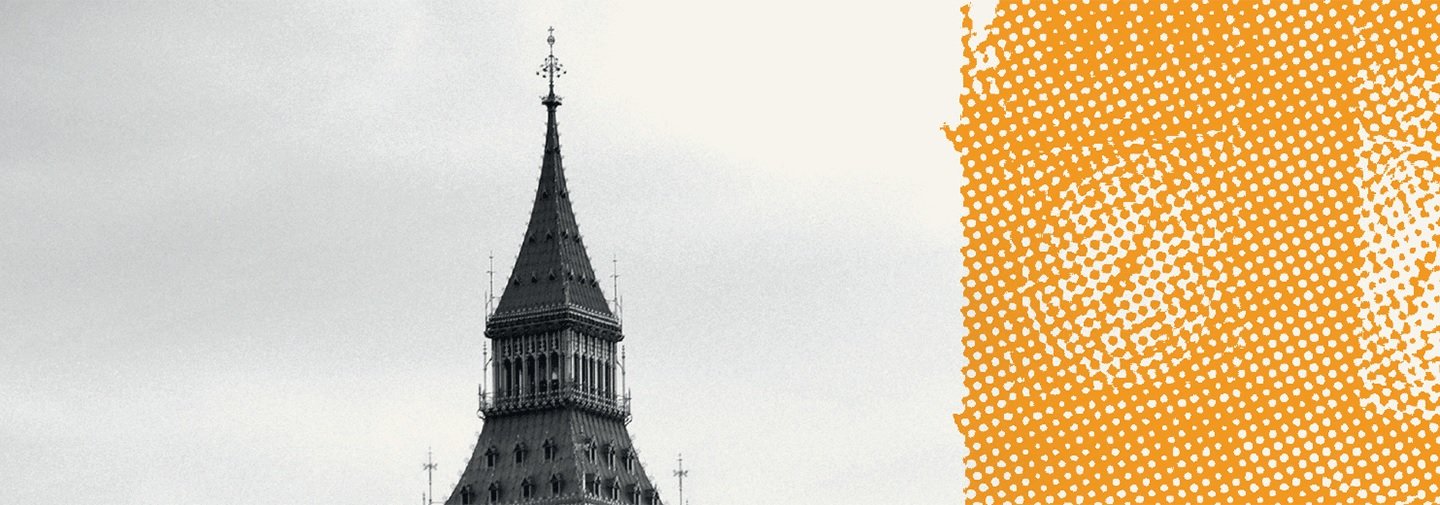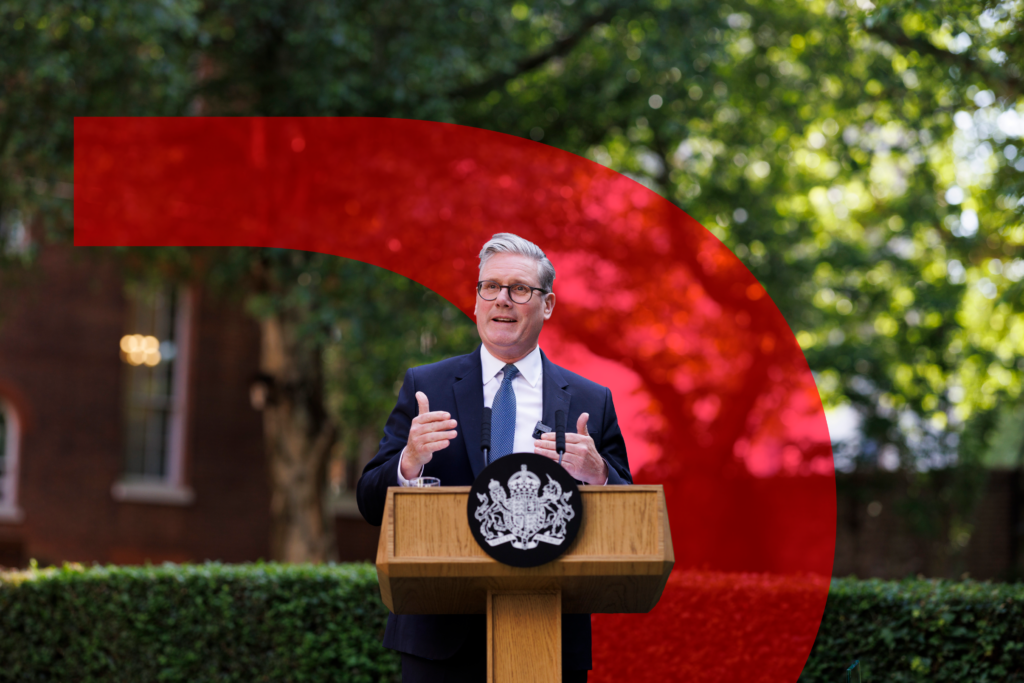ANALYSIS
Week one draws to an end with David Cameron just on course to stay in power, according to the polls.
The Conservative Party are in line to be returned as the largest single party with a 74% likelihood.
This is bringing some steel to the Tory high command as it hovers over the Twitter-generated news cycle.
The ebbs and flows of this General Election campaign have been brutal and instant. Much more immediate than anything anyone has ever had to grapple with in British politics.
The story of the week has been the battle for business.
Ed Miliband and his advisors know they have a mountain to climb to convince the boardrooms of Britain they are on industry’s side.
The Labour leader chose to launch week one’s campaign at the swanky and impressive offices of Bloomberg in the City of London.
But his attempts to woo the C-suite community fell flat in many commentators’ eyes, with the FT’s influential Lombard column writing it off altogether.
Labour strategists then decided to go on the offensive.
By Wednesday senior figures lashed out at 100 business (mainly) men who’d signed a letter warning against a Miliband government.
Former deputy PM John Prescott accused them of being “tax dodgers” and even the savvy and usually pro-business Chuka Umunna weighed into the assault.
So in the space of three days Labour’s bid to win over the business community has descended into rancour and bitterness.
Still, firms need to know what would happen under a Miliband-led government which would certainly be propped up by the SNP.
Mr Cameron might have the largest number of MPs but the chances of him remaining PM are 54% because it may be impossible for him to form a government with a depleted Liberal Democrat partner.
So power could flow to Labour and the Scots Nats.
This would raise immense questions about Britain’s voting system.
Not many would support the notion that the UK is governed by a party which came second in a General Election and propped up by a minority party intent on breaking up the country.
This political uncertainty is reflected in the markets.
Sterling has weakened against both the euro and the dollar in recent weeks.
With the shape of the next government likely to remain unclear, there may be further turbulence as the election approaches.
George Pascoe-Watson
STATE OF THE RACE
Predicted seats
Share of the vote
THE WEEK THAT WAS

High
A letter in The Daily Telegraph signed by 103 business leaders warned Labour plans would “threaten jobs and deter investment”. 17 further business leaders signed up later in the week.
Low
Strong criticism from the IFS of the Conservatives’ estimate of a £3,000 tax rise under a Labour government.

High
Labour launched their employment manifesto, A Better Plan for Britain’s Workplaces. This included a crackdown on zero-hour contracts, requiring businesses to automatically give employees a fixed-hours contract after 12 weeks of working regular hours.
Low
A number of businesses, including Siemens and Kellogg’s, criticised the use of their quotes in a Labour advertisement in the FT on the risks of an EU exit.

High
“Red Line” policy commitment to invest £3.5 billion in mental health over the next five years, in a bid to overturn “decades of underinvestment and institutionalised indifference” within the NHS.
Low
Lord Ashcroft’s poll suggesting that Nick Clegg could lose his Sheffield Hallam seat to Labour.

Plaid Cymru leader, Leanne Wood, launched her party’s manifesto, pledging to ensure Wales receives the same level of funding per capita as Scotland – amounting to an additional £1.2bn each year.
Nicola Sturgeon, the SNP leader, said her party’s opposition to the renewal of Trident remained a “red line” in any negotiations.
UKIP has been forced to replace its candidate for Hendon following controversy over comments made about the US President.
In response to Labour’s campaign mug advertising their immigration control pledge, the Green Party advertised a green mug with the slogan “standing up for migrants”, generating significant coverage.
BEST OF THE PRESS
Financial Times
Janan Ganes
Policy is trivial, personality is destiny in a UK general election
The Times
Daniel Finkelstein
Cameron needs to convert the Yes Yes Nos
The Times
Rachel Sylvester
Head or heart? It’s a Wizard of Oz election
Daily Telegraph
Ian Birrell
A toxic lack of trust is blighting Tory and Labour campaigns
The Independent
John Rentoul
All-or-nothing simplicities are going to blight this election
The Guardian
Rafael Behr
The stuff of Tory nightmares: what if Ed Miliband connects?
SUBSCRIBE
Click below to subscribe to have our updates delivered straight to your inbox.






